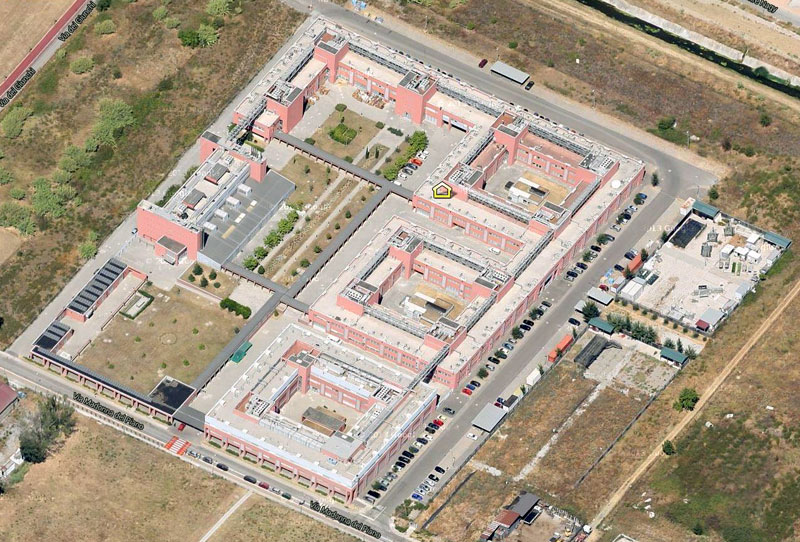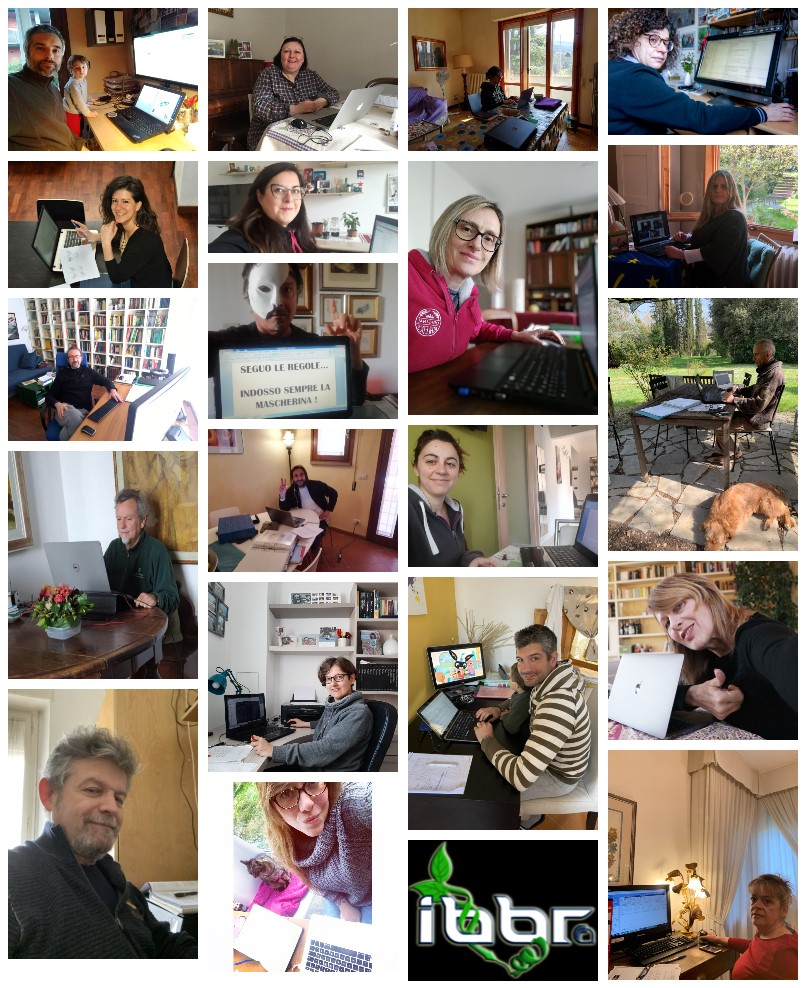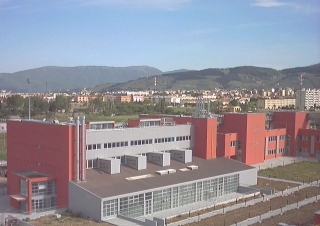IBBR - Division of Florence

The building of the IBBR/UOS Florence in Sesto Fiorentino
The IBBR Division of Florence arises in 1982 as the Institute for the Genetic Improvement of Forest Plants (IMGPF), that joined the Plant Genetics Institute (IGV) in 2001, and then the Institute of Biosciences and Bioresources (IBBR) in 2013. The main research focus is on forest tree species, in particular on their genetic, taxonomic, biological, ecological, population and evolutionary characteristics, with the aim of developing optimized strategies for the sustainable management of their genetic resources.
Current research activities at UOS Florence may be summarized as follows:
- Analysis of the extant genetic variation of forest tree species through the use of genetic markers (ESTs, SSRs, SNPs, etc.), targeted on the genetic structure of populations, their phylogenetic relationships, the gene flow within and between populations, the geographic delineation of their gene pools, and the mechanisms underlying the maintenance in nature of the genetic variation and its adaptive potential, as well as their relationships with micro-environmental conditions and/or main environmental gradients.
- Research on the adaptive mechanisms of forest tree species and their response to abiotic (e.g., drought) and biotic (e.g., pests, diseases) stresses. Identification through next-generation sequencing techniques of candidate genes (e.g., SNPs) involved in the adaptive and selective processes concerning the main environmental factors. Association genetic studies on ecologically and economically relevant traits evaluated in situ and analysis of the allelic co-variation along the main environmental gradients.
- Research on the phenotypic variation and plasticity for ecologically relevant traits in forest tree species. Use of next-generation sequencing techniques to detect genetic loci involved in the phenotypic expression of adaptive traits (e.g., serotiny, drought tolerance, etc) and their functional role in the adaptation of forest tree species. Use of advanced techniques of functional genomics and transcriptome analysis aimed at studying the genic expression and the phenotypic plasticity of traits in the studied species.
- Analysis of risks related to the release in the environment of genetically-modified trees, by modeling the potential impacts of transgene released via gene flow on extant biodiversity and, in general, on the ecosystems, by gene contamination analysis in model systems.
The building of the IBBR/UOS Florence in Sesto Fiorentino
- Research on biochemical and ecophysiological responses of plant genotypes to biotic and abiotic stresses, aimed at the identification of secondary metabolites (e.g., volatile terpenes) as markers for pest and disease resistance. Analysis of the ecological roles of the emissions of volatile organic compounds (VOCs) in response to environmental stresses. Investigations aimed at identifying the ecophysiological mechanisms in response to water stress and different light regimes.
- In vitro propagation of forest tree species, aimed at selecting and maintaining valuable genotypes (micropropagation, organogenesis, somatic embryogenesis) for application in the agri-food and pharmaceutical industry. Medium-to-long-term ex-situ conservation of valuable biological material (buds, embryos, etc) by cryopreservation and in vitro cultures at low temperatures. In vitro cultures of species for assessing their tolerance to heavy metals aimed at phytoremediation.

Smart-working people of the IBBR UOS Sesto Fiorentino (Florence) during the lockdown in Italy (April 2020)





